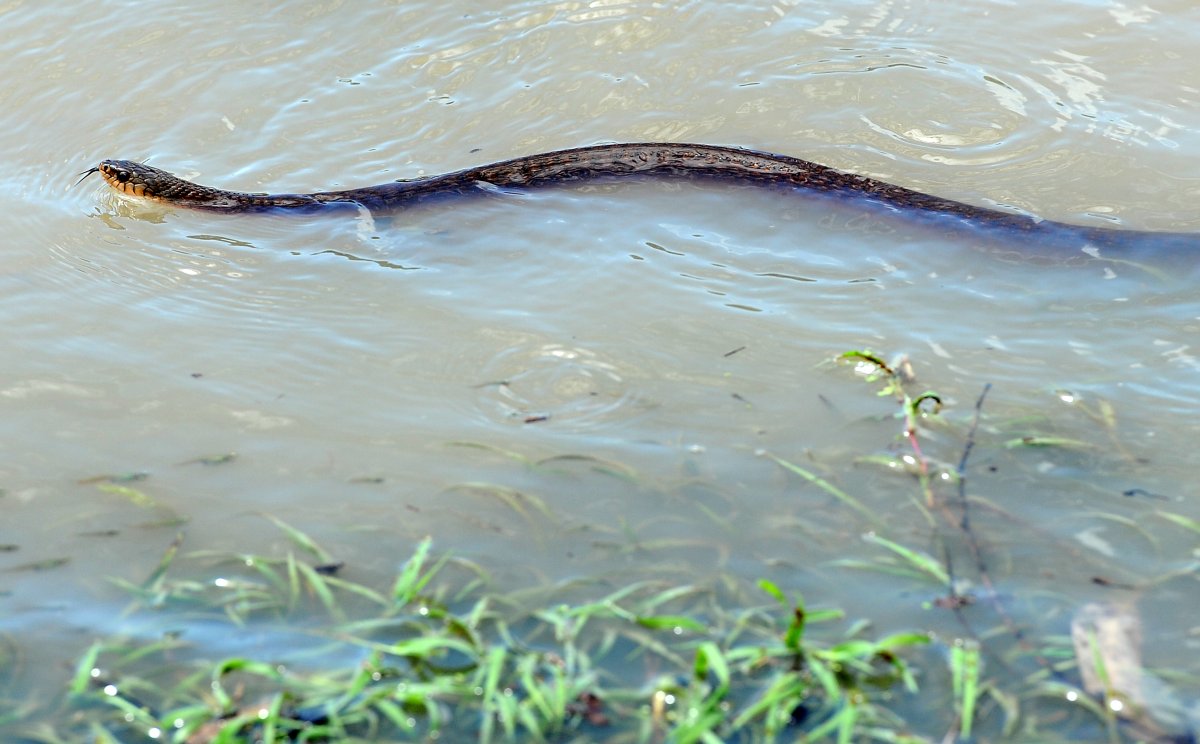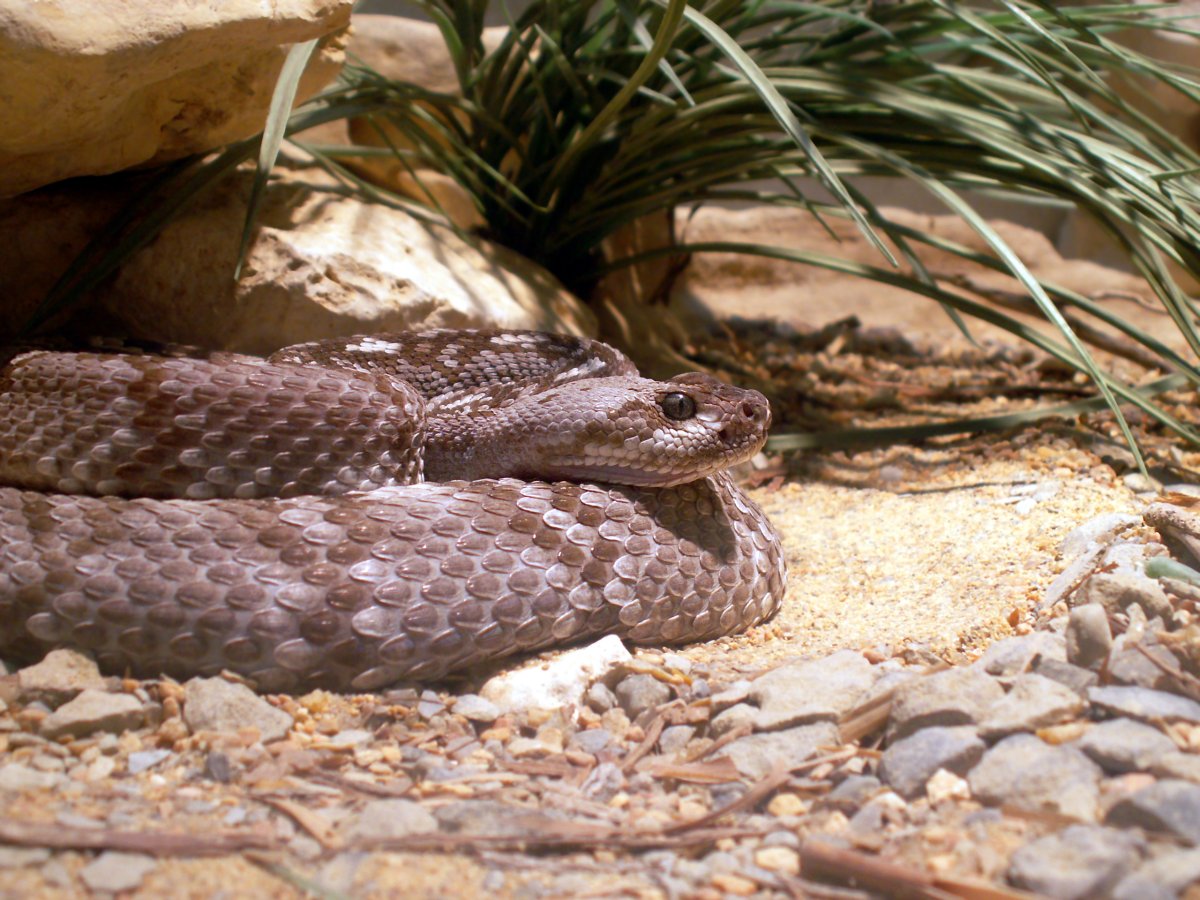As torrential rainfall continues to batter the West coast, you may be wondering how all of this wet weather is affecting California's wildlife. In Australia at the end of last year, heavy rain and floods caused snake sightings to soar across the country—could the same thing happen in California?
"Rapidly rising flood water from heavy rain can displace wildlife, including rattlesnakes," Bryan Hughes, owner of Arizona-based snake rescue service Rattlesnake Solutions, told Newsweek. "This can mean that in some areas, there will be a temporary increase of the likelihood of random encounters."

Jessica Cervantes from California-based Rattlesnake Safety Services said that, although she had not seen any noticeable changes in wild snake populations so far, the floodwater could increase the likelihood of snake sightings. "There is always a possibility with excessive rainfall that any animal underground can get flooded out and end up above ground," she told Newsweek. "They will typically try to find a safe place in the immediate area.
"I don't think that there is a much greater risk of rattlesnakes trying to get into homes specifically. However, if garage doors are left open or doors into the house are left open it's always a possibility that they might seek refuge from extreme weather conditions."
Tyler Young, from California-based Placer Snake Removal, said that, like Cervantes, he had not seen anything "too crazy" so far. Venomous snakes, like rattlesnakes, tend to be pickier about choosing where to hide over the winter so are less likely to be flushed out of their dens than their nonvenomous counterparts.
"I've seen a few instances of nonvenomous snakes getting washed out of their hiding spots and saw one report of a king snake—[a] harmless species—swimming in some flood waters north of San Francisco," he told Newsweek. "Gopher snakes—[also] nonvenomous—have been documented swimming in flood waters along creeks as well, but I haven't personally seen or heard of any rattlesnake sightings yet."
Any rattlesnakes that do emerge will not be moving fast. "The snakes are going to be moving a lot slower with the colder weather and are fairly vulnerable," Cervantes said. "The rattlesnakes have been fairly inactive recently and I haven't gotten a lot of calls to go out to private homes.

"The rattlesnakes that do come out with the excess water will not be looking for food, but safe and dry places under rocks, bushes, even up trees, in outbuildings that are more open like a shed, and potentially under other equipment that is somewhat dry."
Young said that the most significant effects of the floods on snake populations will probably not be seen until snake season, which usually lasts from March to October. "After flooding in 2017, some strange rattlesnake sightings along the Cosumnes River occurred, as I believe the flooding along said river damaged or removed a large amount of favorable warm season habitat," he said.
"I expect the coming snake season in the warm season to be perhaps more active, as normal or above normal precip means healthier vegetation, healthier rodents & other small critters, thus healthier predators, very much so including snakes."
Do you have an animal or nature story to share with Newsweek? Do you have a question about snakes? Let us know via nature@newsweek.com.
Uncommon Knowledge
Newsweek is committed to challenging conventional wisdom and finding connections in the search for common ground.
Newsweek is committed to challenging conventional wisdom and finding connections in the search for common ground.
About the writer
Pandora Dewan is a Senior Science Reporter at Newsweek based in London, UK. Her focus is reporting on science, health ... Read more
To read how Newsweek uses AI as a newsroom tool, Click here.








